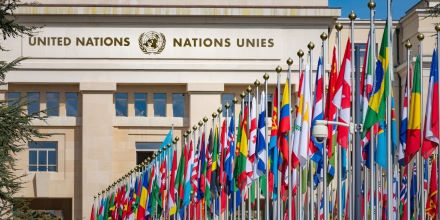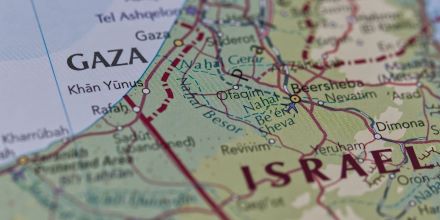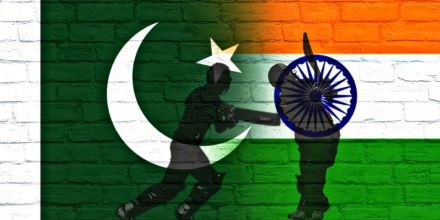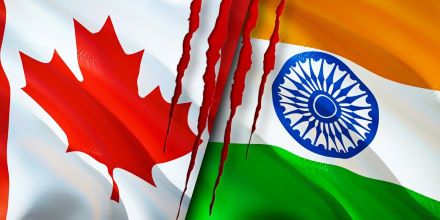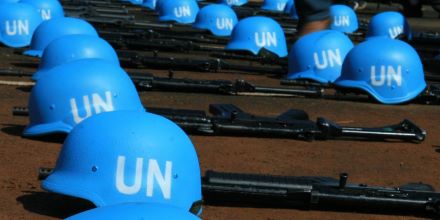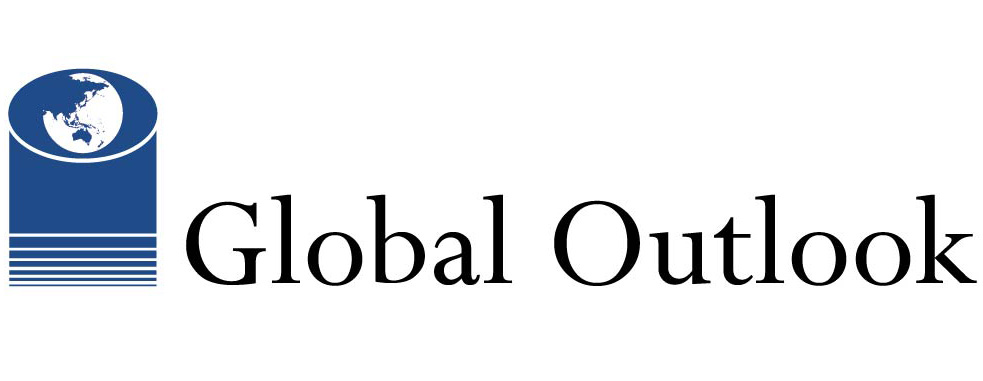
Curated expert opinion on intractable contemporary issues
Nuclear Disarmament and UN Reforms
By Ramesh Thakur | 19 October, 2023
It would be false to claim that a UN-negotiated treaty, following a UN-authorised process and conference, has no implications for the legality and legitimacy of nuclear-weapon possession and practices.
Scaling the Wall of Grief in Israel and Palestine
By Lisa Schirch | 17 October, 2023
Scaling the wall of grief requires us to understand history. Stories of the intertwined history of European Christians, Jews, and Palestinian Muslims and Christians are grappling hooks to help us begin to scale this wall.
Director's Statement: The Hamas-Israel Conflict
By Kevin P. Clements | 13 October, 2023
A statement from Toda Peace Institute Director, Kevin P. Clements, on the Hamas-Israel conflict.
India-Pakistan Cricket is Downstream of Politics
By Ramesh Thakur | 09 October, 2023
In the early afternoon of 14 October, India and Pakistan will play their first cricket match in many a year on the soil of either country. It's a passion that unites the two peoples.
Diaspora Politics Blow Up Canada–India Relations
By Ramesh Thakur | 28 September, 2023
Relations between Canada and India are in a tailspin after allegations that India was behind the June 18 killing of a prominent British Columbia Sikh leader who was wanted in India on murder and terrorism charges.
Africa's Coups: A Challenge for the UN's Conflict Prevention Efforts
By Jordan Ryan | 19 September, 2023
The succession of military coups in Africa over the past three years has exposed the failure of the United Nations to act coherently to prevent conflict.
The views and opinions expressed in Global Outlook are those of the authors and do not necessarily reflect the official policy or position of Toda Peace Institute.
